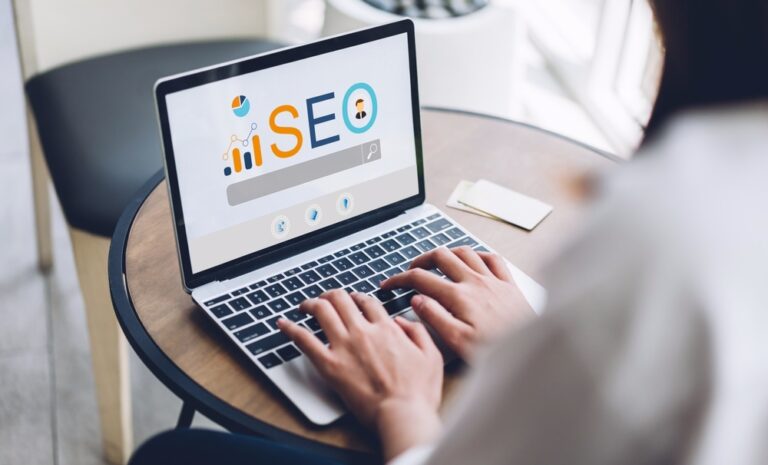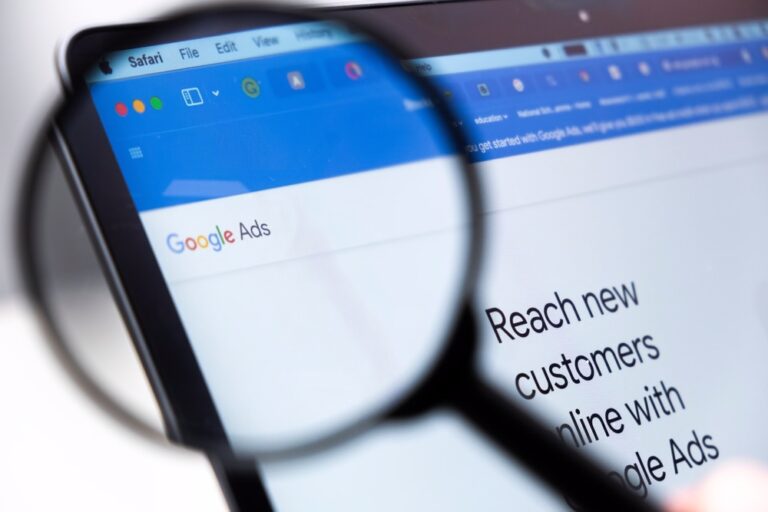2020 has quite possibly been the strangest year that ever was in the modern age. With vaccinations rolling out and a lift of restrictions on the horizon, 2021 promises to be a fascinating and more positive year.
2020 saw record proportions of ecommerce sales in the retail space, and more people will continue to make the most of ecommerce stores going forwards. While it was always trending upward, the pandemic and the subsequent lockdowns has sped up the process by which people shift to use online ecommerce stores to get goods and services right on their doorstep.

So what can we expect from online retailers in 2021? How will ecommerce continue to evolve and develop throughout 2021 and the future? We have pulled together some of the trends to watch out for in the near future below.
B2B ecommerce on the rise
With the pace of ecommerce adoption accelerated, people could see that ecommerce was not just good for delivering clothes and the odd item off Amazon. You can get groceries, recipe boxes, furniture, alcohol and much more.
As more people make use of ecommerce stores to fill new needs, businesses will also adapt to this need. More businesses will offer B2B ecommerce solutions which traditionally will have been done over the phone or otherwise.
There is no real barrier to entry for the B2B brands out there – it is simply a matter of streamlining the process and allowing your customers to checkout online.
The influence of influencers
Many brands have used influencers over the past few years to reach new audiences and promote products.
In 2021 we can expect even more ecommerce brands to be making the most of influencers in order to sell more products and gain awareness.
A lot of digital marketing comes down to content, and influencers offer an easy solution for this. By partnering with an influencer, they will be creating content which is spread to a relevant audience without the need to generate the content yourself and then find an audience to show it to by other means. Content from figures which are respected by their audience comes off as more genuine, especially if they are legitimate fans of the brand and/or product in question. That’s why it’s important to find a good match with a relevant audience where it does not feel forced. A larger follower count of audience does not equate to more sales – an engaged and more relevant group around a specific niche which is 1/10th of the size of another is likely to yield better results.
Influencers also mean that brands do not need to spend as much on paid media, paid social ads or time and/or money on the content creation itself.
Going green
More people are going green, and brands reflect this. Establishing and maintaining a brand which cares about sustainability will be increasingly important. Amazon has already taken a stand and pledged to become more sustainable, so other major players will also likely do the same.
IBM found that 57% of consumers are willingto change their purchasinghabits to help reduce negativeenvironmental impact.
Whether this comes down to delivery methods, packaging, the products themselves or otherwise – more consumers are looking for evidence of sustainability or will support brands which show evidence of going green. Price is not always everything, so if your brand can stand out from the crowd with a green outlook, then this can win over fans.
Social commerce
Shopping directly on social media has become more popular, but in 2021 it could become more normalised.
The Instagram shop tab now sits in a prominent position of the app, meaning more people will check it out.
Instagram states that 70% of shopping enthusiasts turn to Instagram for product discovery, and 187% of people say that influencers have inspired them to make a purchase.

More brands are putting up shoppable posts which highlight products included in images.
AI and personalisation
AI is set to make waves in 2021 in order to add a more human element to the shopping experience.
AI has already changed the experience of consumers online, but it is becoming increasingly powerful in order to help brands succeed online.
Personalised recommendations and shopping experiences using AI systems will be increasingly more commonplace and important for online retailers in helping sell more products online. AI chatbots will continue to roll out, with AI being used in marketing much more heavily.
Voice commerce
The pandemic has meant that lots and lots of people have invested in smart assistants in the home – whether that is Amazon’s ALexa with a screen or Google’s Home Hub or otherwise. Not only that, but social assistant adoption was on the increase regardless. Now that people are more accustomed to these smart assistants, searching by using your voice or even directly shopping via smart speakers will grow in popularity.
As technology improves, voice assistants are more accurate and much more convenient. By just speaking out loud you can conveniently order whatever you want.
This means online retailers will need to optimise their online storeswith this trend in mind to ensure they are recommended and/or ranking for voice searches as opposed to traditionally “typed” search terms.
By creating content which focuses on answering questions which people will search for by voice, thgis can help fill the top of your marketing funnel and attract new potential customers.
Payment options
There are many shoppers out there who will base a decision on where to shop due to the payment options.
Digital wallets have become the norm, with options like PayPal, Apple Pay and Google Pay offered on a huge array of sites.
However, cryptocurrency has had a rather interesting year, so we expect more ecommerce retailers to begin to accept cryptocurrencies such as Bitcoin in the neat future. There are already small businesses around the world accepting Bitcoin as a paymen t method as it helps them to stand out from the crowd.
Aside froim crypto, if there are digital wallets you do not accept then it is worth rethinking which options you want to offer customers.
While 2020 has not been the best year for any of us, 2021 certainly offers a glimmer of hope. If everything goes to plan, it will certainly be a time of change and a real turning point for the UK. It may well be one of the most important years in the development of ecommerce since its inception – so it’s important to be aware of the trends and developments in the space if you are thinking of getting started or upgrading your existing ecommerce store.
If you would like to find out more about the ecommerce solutions we offer, get in touch and a member of the team will be happy to walk through your options.












